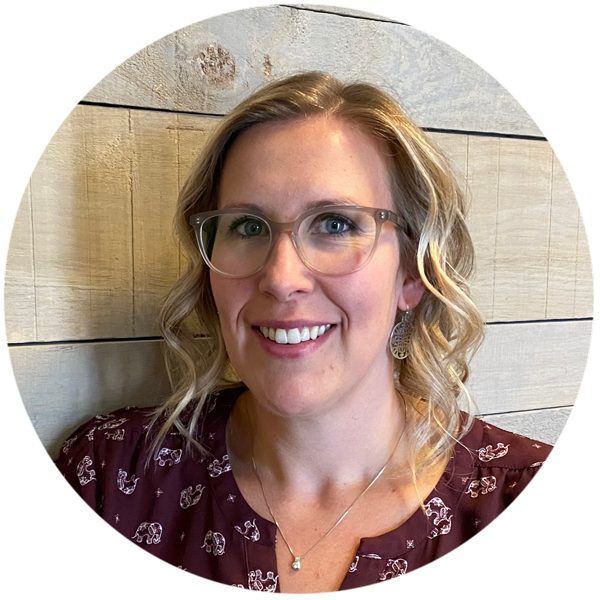To some, it may appear simple: all employees, whether working at an office or at home, need to be engaged and respected. We all require opportunities in the workplace that allow us to thrive, to grow professionally and to feel as though our contributions are valued — that what we bring to our work, how we feel and who we are matters.
Human Resources, Health, Safety and Environment developed the Work from Home Program to support the continued benefits of hybrid work, including employee engagement and well-being while ensuring productivity, operational efficiency and service excellence. The Work from Home Program also ensures that the University of Alberta remains competitive in recruiting and maintaining our talent. Other companies are allowing remote and hybrid options, which has become a considerable factor for people considering job offers.
In some way, responding to the pandemic influenced our need to be more intentional, to reassess the biases we might have had about working from home, hybrid work models and working when feeling unwell. For others though, the shift might pose new challenges in overcoming previous values, habits, expectations, work and home boundary-setting, as well as experiencing ongoing or new concerns around health and safety issues.
Showing your support can influence others to challenge biases
While we might have a preference for a work model, it is important to recognize and appreciate the circumstances that might lead others to prefer a different style. In-person, hybrid and fully at-home work models can address individual work and team needs. Respecting the decisions of others who choose to work at home, at an office or a combination further extends your support for their well-being. It helps dispel proximity bias–giving preferential treatment to those who are physically closest to us–and suggests that you value their contributions, attest to their ability to produce quality work and believe in their ability to remain an effective and productive team member. Your ability to shift can further influence others to do the same and to start practicing behaviours that encourage optimal employee performance and engagement.
Implementing simultaneous work models meets operational demands
Prior to COVID-19, there may have been a number of assumptions circulating about the unknowns of a remote/hybrid work model, such as how a remote or hybrid approach could measure up to the successes with the traditional status quo of working onsite. Today, with the successful implementation of the Work From Home Program it is clear that the U of A community continues to excel, adapt and flex our strengths to meet operational demands.
Shifting your approach ensures everyone is healthy and safe
Becoming a steward of A Culture of Care can take on many forms, including how and when we check in with others outside of work specific responsibilities. In reevaluating the biases you have towards different work models, consider the impacts your meeting frequency might have with your colleagues who work remotely versus those working in a hybrid model or exclusively on campus. The quality time you spend with your colleagues can also be a factor in your team’s ability to collaborate and succeed.
Becoming more intentional with your check-ins doesn’t require a formal process or a comfy sofa. Building rapport and creating opportunities to converse and share can start with a friendly “hello”, a chit chat and “how are you doing?” queries. Being more intentional can also involve reviewing, identifying and implementing strategies that best support your colleagues. This might include discussions with your team around harmful behaviours, attitudes and language usage that are best avoided. This may also include proactive discussions about how to approach upsetting language or actions.
Establishing practices that model safe behaviours contributes to the health and safety of all campus community members and ensures we can all go home or unplug at the end of the day, safely.
October is Canada's Healthy Workplace Month, and everyone has a role to play in creating a healthy workplace whether you are working at home or in an office. Challenge your biases by becoming bias aware and checking your unconscious biases.
The University of Alberta is committed to the safety, health and well-being of our faculty, staff and students. Every day, we advance this commitment to safety through the Culture of Care.

About Melissa
Melissa is the director of Talent Management, Health, Safety and Environment (HRHSE). Melissa joined the university in May 2021 after working for the Government of Alberta. Her background includes many years in the human resources industry with specific focuses in the areas of large transformational initiatives, employee relations and strategic HR planning.
